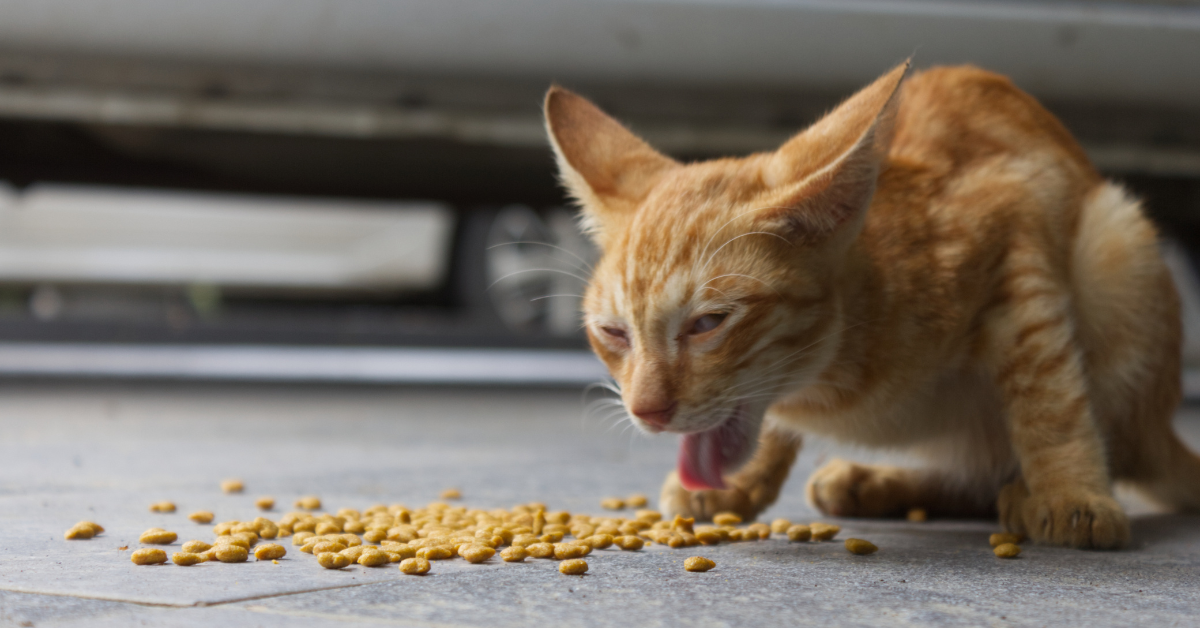
Causes, Risks, and Care
If you are a cat owner, you may be concerned when your feline companion makes unusual sounds or changes in behaviour, such as vomiting. Understanding why vomiting in cats is crucial, as it can indicate various health issues. Today, we will explore the causes and risks associated with this condition.
Common Causes of Vomiting in Felines
There are several reasons why a cat may experience vomiting, ranging from dietary indiscretions to underlying medical conditions. Recognizing symptoms and responding appropriately can help ensure your cat’s health.
1. Dietary Issues Leading to Vomiting
One common cause of vomiting in cats is ingesting the wrong food or eating too quickly. Cats that eat rapidly may experience gastrointestinal upset, leading to vomiting. Consider adjusting their diet or feeding schedule if your cat frequently vomits after meals.
2. Gastrointestinal Problems and Their Symptoms
Conditions such as gastritis or intestinal blockage can cause vomiting in cats. These gastrointestinal issues may arise from consuming foreign objects or experiencing stress. Cats are sensitive creatures, and stress can exacerbate their digestive problems.
3. Infections and Diseases that Cause Vomiting
Infections, including viral or bacterial infections, can result in cats vomiting. More severe conditions, such as kidney disease or hyperthyroidism, may also present vomiting as a symptom. If your cat shows persistent vomiting or signs of lethargy, it’s essential to consult a veterinarian immediately.
Signs of Serious Vomiting in Cats
If your cat experiences continuous vomiting accompanied by diarrhoea, lethargy, or weight loss, seeking veterinary care is crucial. Early intervention is vital in preventing further health issues.
Caring for a Vomiting Feline
Caring for a cat experiencing vomiting involves monitoring their behaviour and making dietary adjustments. Here are some tips:
- Dietary Adjustments: Feed high-quality food formulated for your cat’s specific needs. Consider offering smaller, more frequent meals if they eat too quickly.
- Maintaining Hydration: Ensure your cat stays hydrated. Dehydration can occur quickly in vomiting cats, so provide fresh water or consult your veterinarian about an electrolyte solution.
Conclusion
In this article, we have discussed the causes of vomiting in cats and their significance in feline health. If your cat displays unusual behavior or persistent vomiting, observing and seeking veterinary care is essential to understanding any underlying issues. By staying vigilant and informed, you can help maintain your cat’s health and happiness.
